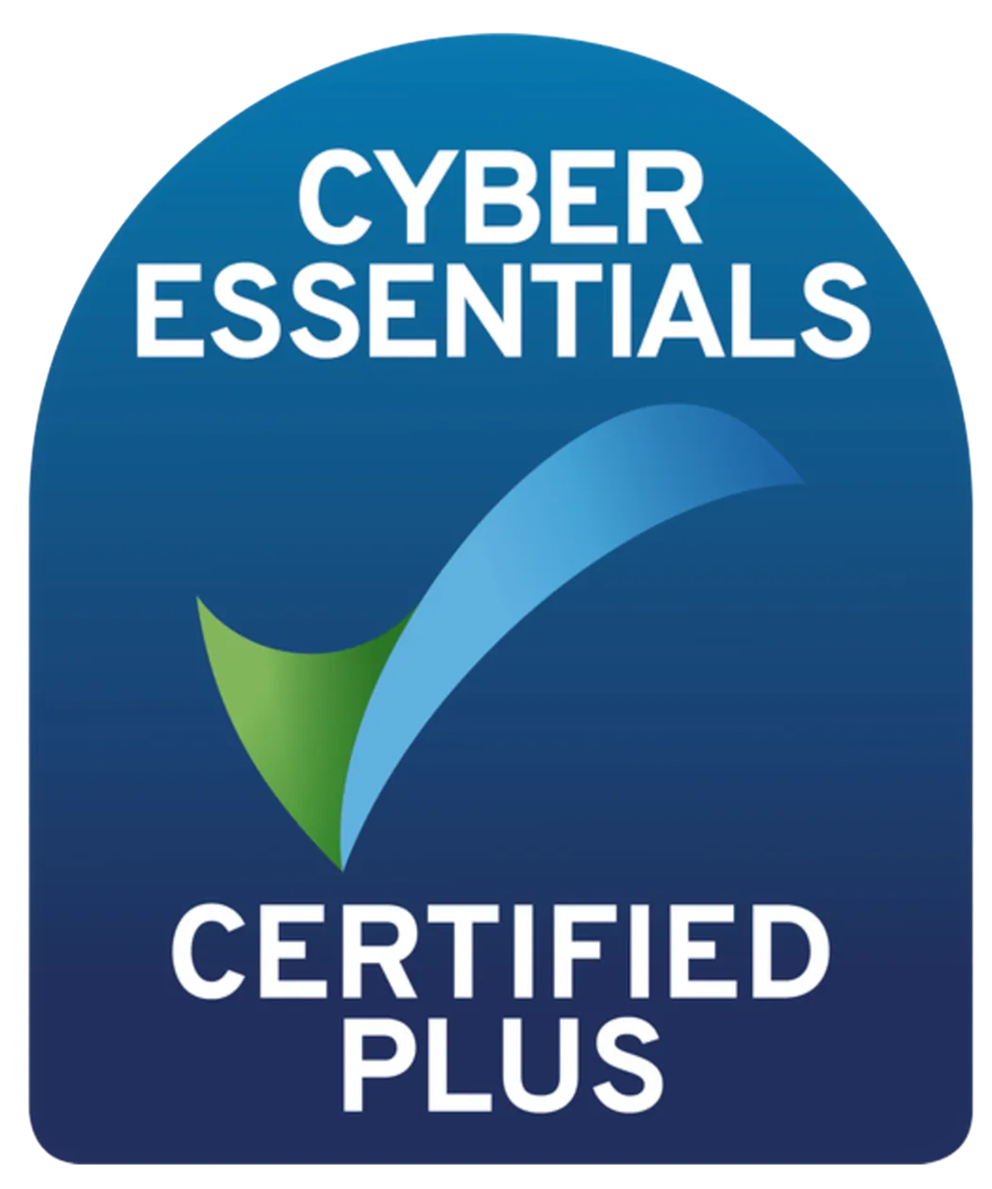Click here to access our Curriculum Overview
Curriculum Intent Statement
At St. Patrick’s Roman Catholic Primary school, we believe that our curriculum should provide children with the opportunities to aspire to be more, in an environment which is rooted in our Catholic values and respect for each other. We have designed our curriculum with pupils’ learning at the centre with the aim of ensuring that all pupils make progress. We aim to achieve this through a broad, balanced and ambitious curriculum, which provides children with the knowledge and skills that they need to be open to their future possibilities. Our curriculum is driven by the aim to enable children to understand the cultural context of where they are, through the arts and culture in our society, so that they can be inspired by the opportunities around them.
We intend to offer our pupils new and exciting experiences that are designed to build resilience, confidence and self-esteem both in the classroom and through extra-curricular activities. We intend for our curriculum to enable pupils to develop their interpersonal skills, creativity and independence. We recognise that pupils should be challenged in their school; learning from failures and celebrating successes. Our school equips children with the ability to hone their knowledge and skills so that they may be inquisitive and aspirational. We aim to ensure that pupils enjoy learning and feel prepared for life after school.
Pupils are taught to treat each other with respect and to support each other in their learning. It is our intention that pupils leave St. Patrick’s with a sense of belonging to a community where they have the confidence and skills to make decisions, self-evaluate, make connections and become lifelong learners. They have the awareness and initiative to achieve their full potential, rooted in our Catholic faith and values of respect and kindness.
Aims of our Curriculum
For all pupils to:
Become fluent and confident readers and to develop an appreciation and love of Reading whilst gaining knowledge across the curriculum.
Use excellent basic skills across the curriculum including reading, writing and mathematics.
Develop a sense of morality, respect and community.
Be excited by the curriculum and want to learn.
Retain key knowledge in all curriculum areas.
Become independent, resilient and divergent learners so they are ready for secondary school (and beyond).
Be challenged and make progress across all areas of the curriculum (including disadvantaged pupils and those with a special need and/or disability).
Have a broad and lasting knowledge of subject specific vocabulary.
Have a wide range of life experiences that enhance their learning (including trips and extra-curricular activities).
Rationale for our Curriculum Design
We recognise the importance of Reading across the whole curriculum and its impact on the future success of pupils. Our children are taught to read confidently, fluently and with a good understanding. Pupils are encouraged to develop a habit of reading widely and often, for both pleasure and information through daily practice and whole school activities. Reading is at the heart of our curriculum and real texts are used to introduce topics across different subject areas including history, geography and science.
Past ‘book looks’ have shown that pupils did not always identify the discrete subject areas when a topic based approach was adopted. Key subject specific skills were not always apparent in books and therefore pupils found it difficult to articulate key learning or use subject specific vocabulary. As a result, we have reviewed the entire curriculum and each subject is now taught as a discrete area. We have designed a curriculum that makes links between different subjects creating curriculum cohesion and enabling pupils to link their learning appropriately. There is a focus on high quality writing and pupils use mathematics and information technology skills across different subject areas.
As a Catholic school, we have designed a diverse curriculum that teaches pupils morality, respect and a sense of community.
Our pupils have told us that they learn best when they enjoy learning. We have planned our curriculum to include a range of exciting and pupil-motivating activities.
Whole school monitoring has shown that our pupils often forget key knowledge that they have been taught (particularly in the case of foundation subjects) and so we have planned a curriculum that is knowledge-rich. Changes to our curriculum have enabled us to teach topics in more depth concentrating on the key knowledge that we want children to remember. The introduction of low stakes quizzes is helping our pupils retain the core subject knowledge. There are frequent repetition of skills to help pupils build upon prior learning. Our Maths curriculum, for example, provides opportunities for pupils to practise and consolidate their learning, master learning objectives by developing a deeper understanding and to apply their knowledge in greater depth.
We want our pupils to become independent, resilient and divergent learners so they are ready for secondary school (and beyond). Our curriculum increasingly focuses on a metacognitive style of learning including activities that encourage pupils to reflect on how they think and strategies they can use to apply their knowledge. We have developed a ‘growth mindsets’ culture throughout our school teaching pupils using our ‘Learning Powers’, these are: co-operation, curiosity, concentration, self-improvement, determination, resilience, imagination and an enjoyment of learning.
Our aim is that all pupils make at least good progress across all areas of the curriculum (including disadvantaged pupils and those with a special need and/or disability). There is a sequencing of subject-specific concepts based on what we expect pupils to know at each particular stage ensuring challenge. We are a highly inclusive school and we aim to ensure curriculum access for all, including disadvantaged pupils and those with special educational needs and/or disabilities.
Many of our pupils start school with a very limited vocabulary (as evidenced by our Early Years baseline assessments) and our disadvantaged pupils often have gaps in their vocabulary. Pupil enter St Patrick’s from a wide range of settings or none. Our curriculum has been developed to introduce/explore new vocabulary and activities have been planned to ensure that pupils get the opportunity to apply and revisit this new knowledge.
Not all of our children (including some of our disadvantaged pupils) have the opportunity to develop their life experiences outside of school. Our curriculum considers the local context and it is enriched with local trips, workshops and visits linked to curriculum areas (please see the links identified on our Curriculum Overviews for Unit).


